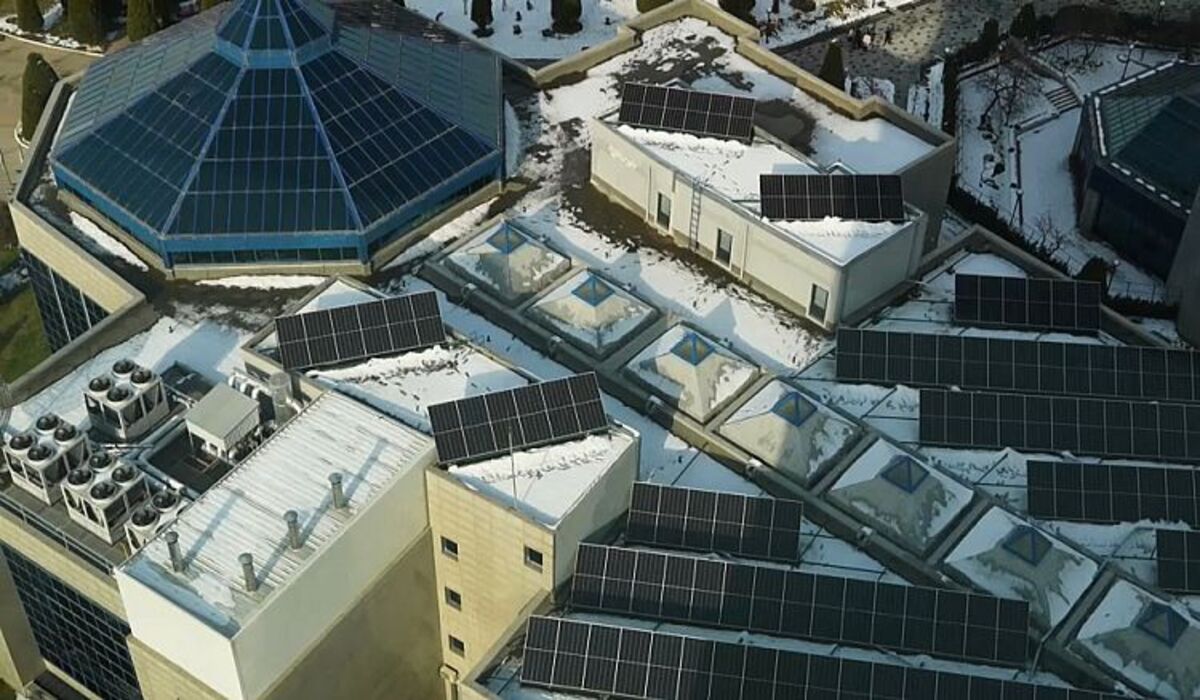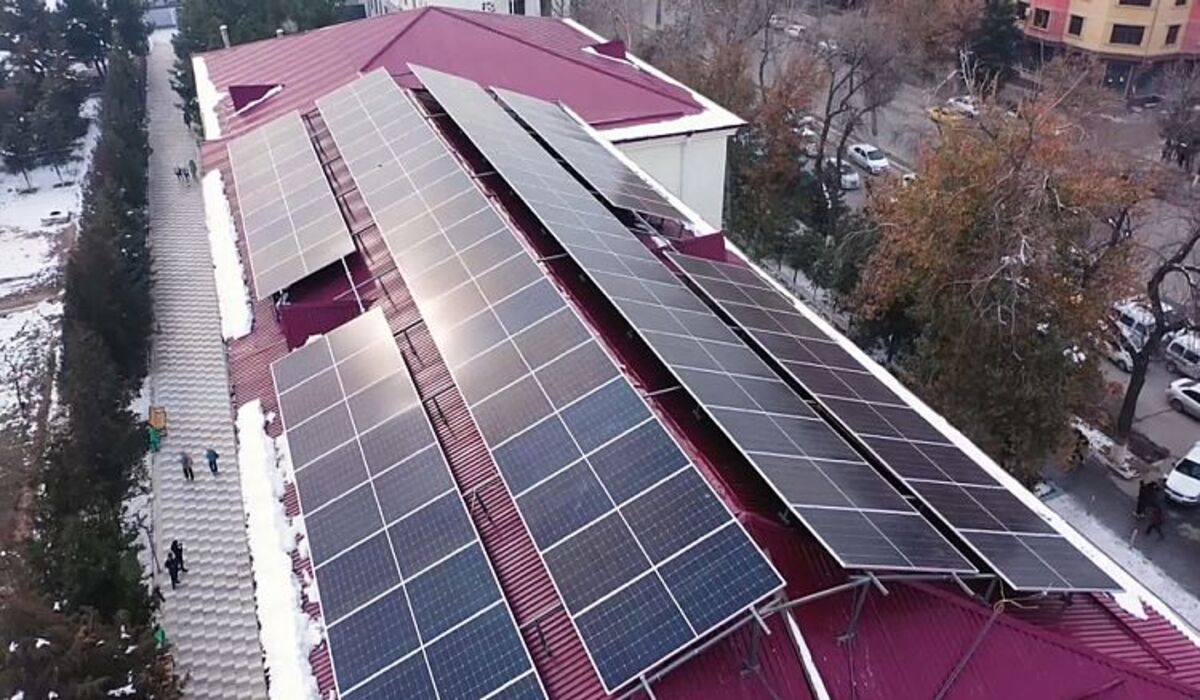Uzbekistan's Solar Installation Policy
Uzbekistan's Solar Installation Policy
Uzbekistan has been actively pursuing the adoption of solar energy through its solar installation policies. The government recognizes the potential of solar power to diversify the country's energy mix, reduce reliance on fossil fuels, and promote sustainable development. Here are some key aspects of Uzbekistan's solar installation policy:

1. Renewable Energy Targets:
The government has set ambitious renewable energy targets, including a specific focus on solar energy. These targets aim to increase the share of renewable energy in the country's total energy generation capacity.
2. Incentives and Subsidies:
To encourage solar installations, Uzbekistan offers various incentives and subsidies to individuals, businesses, and organizations investing in solar power projects. These incentives may include tax benefits, grants, and other financial support mechanisms.
3. Power Purchase Agreements (PPAs):
The government facilitates the signing of Power Purchase Agreements to ensure a stable market for solar power producers. PPAs establish long-term contracts and provide guaranteed purchase rates for solar electricity, incentivizing investments in solar installations.
4. Net Metering:
Uzbekistan supports net metering policies, allowing solar energy users to feed surplus electricity back into the grid and receive credits or compensation from the utility company. Net metering promotes self-consumption and provides financial benefits to solar system owners.
5. Streamlined Permitting Process:
The government has streamlined the permitting process for solar installations, making it easier and quicker for individuals and businesses to get the necessary approvals and permits for their solar projects. This simplification aims to remove barriers and facilitate the growth of the solar sector.
6. Training and Capacity Building:
Uzbekistan emphasizes training and capacity building programs to develop a skilled workforce in the solar energy sector. These initiatives help create local expertise in designing, installing, and maintaining solar systems, ensuring the industry's sustainable growth.
7. International Cooperation:
Uzbekistan actively collaborates with international organizations, development banks, and foreign investors to promote solar energy development. This collaboration helps attract investment, technology transfer, and best practices from global leaders in the solar industry.
8. Research and Development:
The government invests in research and development activities related to solar energy to foster innovation and improve the efficiency of solar technologies. This focus on R&D enables the country to stay at the forefront of solar energy advancements.

It's important to note that specific details, regulations, and policies may evolve over time, and it is advisable to consult official sources or local authorities for the most up-to-date information on Uzbekistan's solar installation policy.
